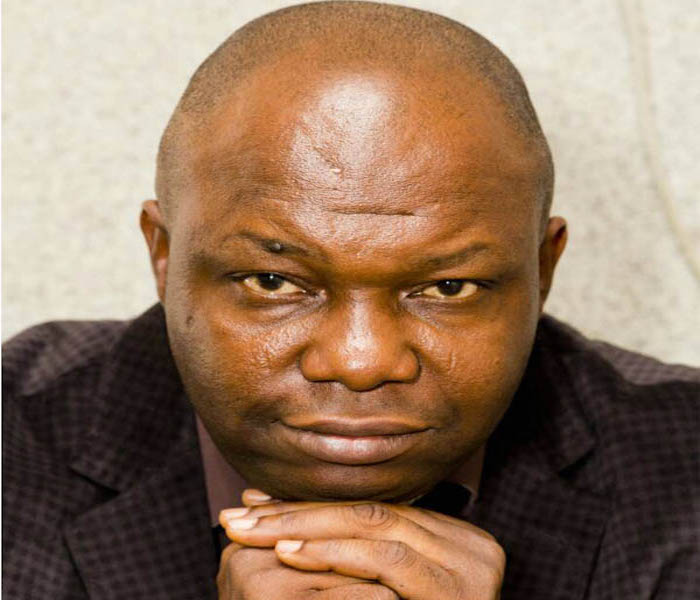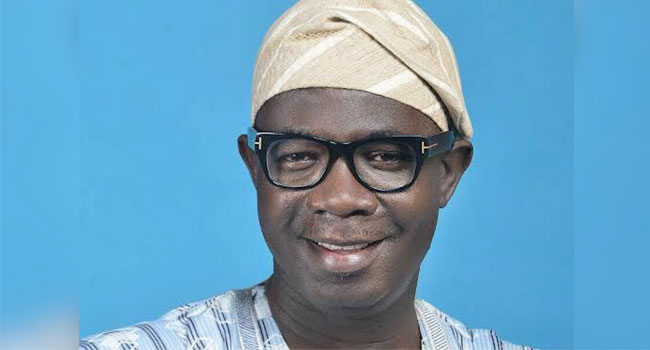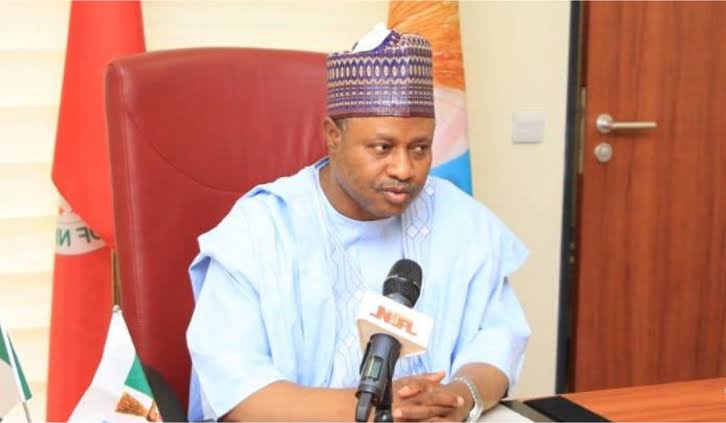As Nigeria grapples with mounting economic pressures, the federal government finds itself at a critical juncture, facing nationwide protests.
They are plans by some people to protest for two weeks against hunger and bad governance which has begun in several states in the country.
Vice President Kashim Shettima, First Lady Oluremi Tinubu, Minister of Information Mohammed Idris, and Senate President Godswill Akpabio have publicly appealed to protesters, urging them to reconsider their actions.
The government’s core message, articulated by Minister Idris following a Federal Executive Council meeting, is that President Tinubu is already addressing many of the concerns that would motivate such protests.
This claim is backed by a series of economic relief measures, with the distribution of subsidized rice at 40,000 Naira per bag standing out as a flagship initiative.
This subsidised rice program, purportedly offering a 50 per cent discount from market prices, is a cornerstone of the government’s strategy to tackle food insecurity and provide immediate economic relief.
He emphasised that many of the protesters’ demands are already being tackled.
He said “the position of the FEC is that most of the demands that the protesters are making are actually being addresses by the federal government.
“And therefore it is the view of the government that there is really no need for the protests again because most of those things that the protesters are putting forward are already actually been addressed or are being addressed by government and like we have said repeatedly, this is a listing government.
“The President has listened to be voices of all those who are planning this protest. And the message is that there is no need for it.
“Indeed, the President is already protesting on their behalf by doing those things that they want a government to do for example, the effort that government is making, in ensuring that food is being made available.
The minister listed some key measures the administration has taken to include; distribution of subsidized rice at 40,000 Naira per bag, a 50 per cent discount from market prices.allocation of 20 trucks to each state for food distribution to the most vulnerable.
Others include ;commencement of student loan disbursements, with provisions for over 2 million students, plans to employ about 3 million youth through the MTT program and introduction of CNG vehicles to potentially reduce transportation costs by 60 per cent.
He stressed that while peaceful protest is a democratic right, the government believes current circumstances do not warrant such actions.
“There is just no need for that,” Idris insisted, urging citizens to allow time for the government’s interventions to take full effect across various sectors including healthcare, agriculture, and infrastructure.
Recall that Minister of Agriculture and Food Security, Abubakar Kyari, had announced a 150-day duty-free import window for food commodities as it stepped up efforts to tackle rising inflation which had impoverished many Nigerians.
The government also expressed its decision to collaborate with states to expand land cultivation across the country.
Consequently, Kyari announced that the government suspended duties, tariffs and taxes for the importation of certain food commodities through land and sea borders.
Among other things, the latest directive is expected to reduce demand for forex by food importers. In 2023, Nigerians spent $2.13bn to import food items from foreign countries.
Beyond the rice subsidy, the government has announced a range of other measures. These include allocating food trucks to each state for vulnerable populations, launching student loan disbursements, planning large-scale youth employment programs, and introducing CNG vehicles to reduce transportation costs.
Political analysts contend that the response from high-ranking officials to the planned protests reveals a government strategy focused on persuasion and appeals for patience.
Vice President Shettima’s assertion that “This is the time for us to solve our problems, not to protest” encapsulates the administration’s stance. There’s a clear acknowledgment of the hardships faced by citizens, coupled with an argument that current reforms, particularly the controversial removal of fuel subsidies, are necessary for long-term economic improvement.
First Lady Oluremi Tinubu’s intervention adds another layer to the government’s narrative. By highlighting the potential negative impacts of protests on small businesses and petty traders, she appeals to a sense of collective economic fragility.
Her emphasis on the administration’s efforts to improve Nigeria’s international standing and attract legitimate business opportunities presents a forward-looking narrative aimed at inspiring hope and patience among the populace.
Senate President Akpabio’s contribution to the discourse introduces a political dimension. His warning against violent protests and suggestion that some protest organizers may have political motives linked to the 2023 election outcomes attempts to cast doubt on the legitimacy of the planned demonstrations.
This framing seeks to redefine the protests not as a genuine expression of economic grievances, but as a politically motivated attempt to destabilize the government.
Undoubtedly,the administration’s multi-pronged strategy – encompassing food security measures, employment initiatives, and infrastructure developments like CNG vehicles – demonstrates a comprehensive approach to economic revitalisation.
This approach is crucial for the successful implementation of economic reforms.
By addressing immediate concerns while laying the groundwork for long-term economic stability, the administration demonstrates a nuanced understanding of Nigeria’s economic complexities.

 3 months ago
5
3 months ago
5















 English (US) ·
English (US) ·